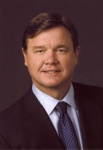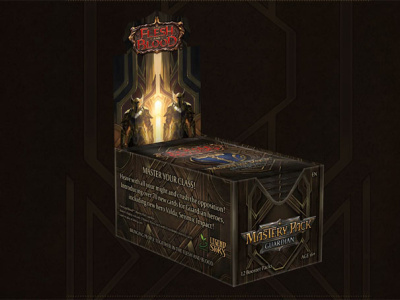 Barnes & Noble, the nation’s largest book chain, made the unexciting announcement that it was promoting Michael P. Huseby, its former CFO (and recent B&N President and CEO of its Nook division) to CEO of the company today. The move comes five months after the company’s last CEO resigned abruptly (see "Barnes & Noble CEO Resigns") in the wake of a $475 million loss on its Nook business in the previous fiscal year (see "Nook Driving Down Barnes & Noble").
Barnes & Noble, the nation’s largest book chain, made the unexciting announcement that it was promoting Michael P. Huseby, its former CFO (and recent B&N President and CEO of its Nook division) to CEO of the company today. The move comes five months after the company’s last CEO resigned abruptly (see "Barnes & Noble CEO Resigns") in the wake of a $475 million loss on its Nook business in the previous fiscal year (see "Nook Driving Down Barnes & Noble").First up on Huseby’s problem list is B&N’s digital strategy. It got into the device business as a way to get into the digital content business, following the strategy pioneered by Amazon with its Kindle. After the big loss on Nook last year CEO William Lynch announced that B&N was looking to get out of the color device business, an announcement that was followed by less than a month later by his departure. The month after that, B&N announced that it would stay in the color device business after all (see "B&N Reverses Course Will Coninue with Nook"). But both its device and digital content businesses have been in rapid decline, so the current strategy is clearly not working, a problem that Huseby will have to fix to allay fears among the company’s shareholders and suppliers that without a digital strategy the company is on an inexorable path of decline.
Huseby will also have the SEC investigation and shareholder suits related to the company’s restatement of earnings last year (see "Top Ten Comics Business Events of 2013") to address. As CFO, Huseby was ultimately responsible for the company’s financial statements since his arrival in March of 2012. He deserves credit for restating the financials to correct numbers in the summer of 2013, but it’s unclear to what degree he was responsible for any of the numbers that needed restating. Regardless, he’ll have to try to minimize any penalties and figure out a way to get rid of the shareholder litigation.
And then there’s the question of what to do, if anything, with the company’s bookstores. The unit is solidly profitable, but shrinking, with the possibility that up to 1/3 of the company’s stores will be closed over the next decade (see "B&N Confirms Plans to Close Stores"). Declining sales will put pressure on net margins, and on the company’s ability to compete with Amazon. Other than cutting expenses as sales decline, there hasn’t really been a strategy articulated for this part of the business, which is still a mammoth seller of books (including graphic novels), games, and other products.
Huseby has his work cut out for him.







